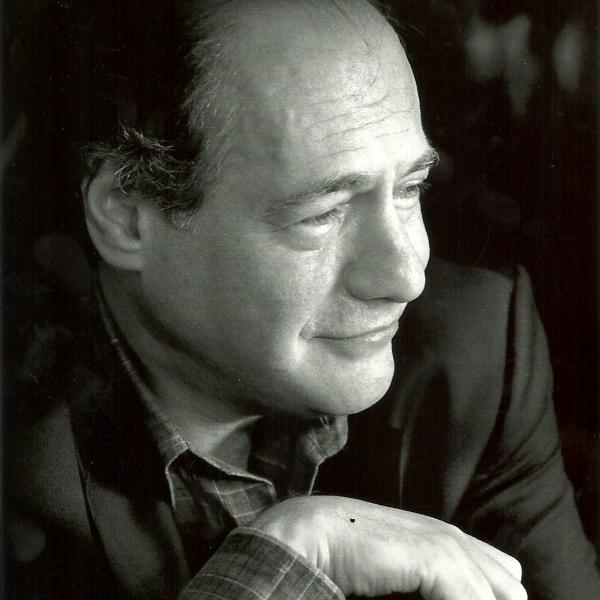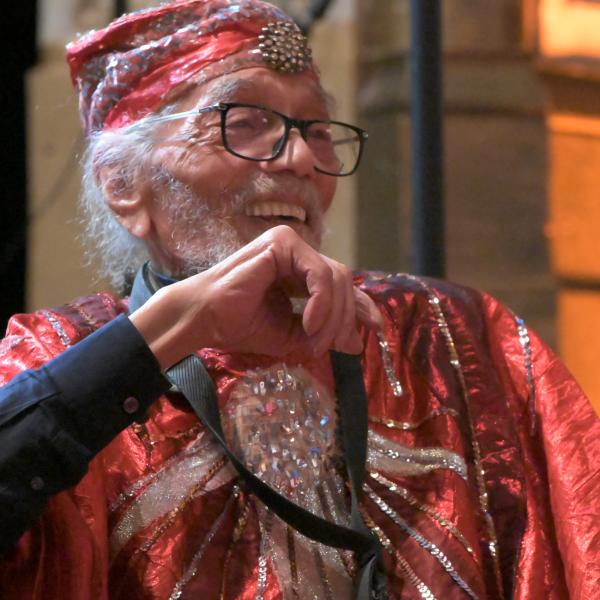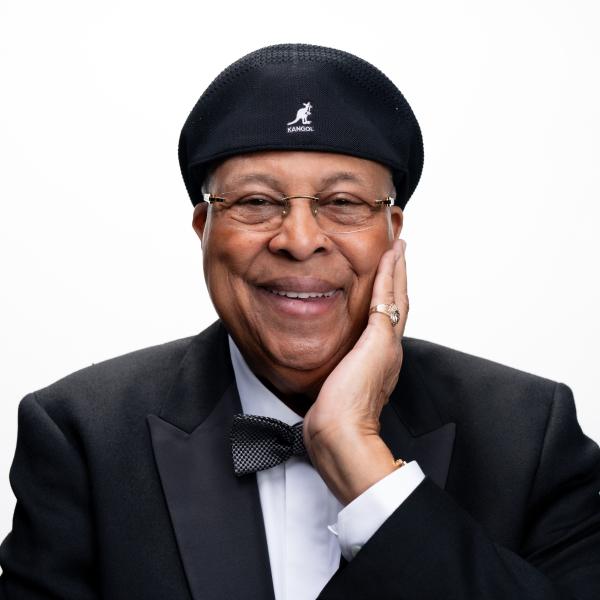NEA Jazz Masters: Tribute to Stanley Crouch
“Thank you very much for this award, thank you for all of the time spent in nightclubs, concert halls, and the like in pursuit of the essence of jazz, which is the feeling itself. As a young man many years ago, I had the opportunity to hear the Coltrane quartet, sometimes from close up and sometimes from far away. There was more often than not an empty chair on the bandstand, and the impact the music had on me was so deeply personal that I felt as though I was a part of the band, in that very chair. To be included in the distinguished company of the other jazz people who have been so honored leaves me, almost, speechless.”
Stanley Crouch is the author of eight critically acclaimed books and of hundreds of uncollected articles, essays, album liner notes, and reviews on jazz that have influenced the music and championed it for the general public. He also co-founded and served as artistic consultant for Jazz at Lincoln Center, playing an integral role in the institution’s repertoire and often writing notes and essays for concert programs.
Crouch was raised in a single-parent household in Los Angeles, California, where he immersed himself in books and old movies. He also taught himself drums while becoming interested in jazz and poetry. In 1968, he was named a poet-in-residence at Pitzer College and taught at the Claremont Colleges while also leading an avant-garde jazz group called Black Music Infinity, which included future jazz luminaries David Murray, Arthur Blythe, James Newton, and Mark Dresser. His poems were published in the Evergreen Review and Harper's magazine, and he published a collection of poetry in 1972.
In 1975, Crouch moved to Manhattan to focus on writing, and he soon became a busy freelancer, giving up performing as a musician when his writing career took off. By the 1980s, he was writing steadily for the Village Voice and the New Republic, covering music and literature with energy and intensity. His taste in jazz had moved from the avant-garde he played in the 1970s to more traditional jazz played by musicians such as Wynton Marsalis, for whom Crouch has been a longtime mentor.
In 1987, Crouch was on a committee (along with Marsalis, Albert Murray, Gordon Davis, and Alina Bloomgarden) that helped to found Lincoln Center's summer jazz programs, leading to the establishment of Jazz at Lincoln Center. He also had a column in the New York Daily News from 1995 to 2014, writing about culture and race. He appeared frequently on television as a commentator, often on topics related to jazz, and in 2001 Crouch was one of the prominent jazz scholars featured in Ken Burns’ epic 10-part television documentary Jazz.
Crouch has served as visiting professor at Columbia University in New York City and is president of the Louis Armstrong Educational Foundation. He holds honorary doctorates from Hofstra University and Manhattan College, and he has received a Guggenheim Fellowship (1982), Whiting Award (1991), MacArthur Fellowship (1993), and Fletcher Foundation Fellowship (2005). In 2016, Crouch was awarded the Windham-Campbell Prize for nonfiction from Yale University.
Selected Bibliography
Always in Pursuit: Fresh American Perspectives, Vintage Books, 1998
One Shot Harris: The Photographs of Charles “Teenie” Harris, Harry N. Abrams, 2002
Don’t the Moon Look Lonesome: A Novel in Blues and Swing, Vintage Books, 2004
Considering Genius: Writings on Jazz, Civitas Books, 2006
Kansas City Lightning: The Rise and Times of Charlie Parker, HarperCollins, 2013




